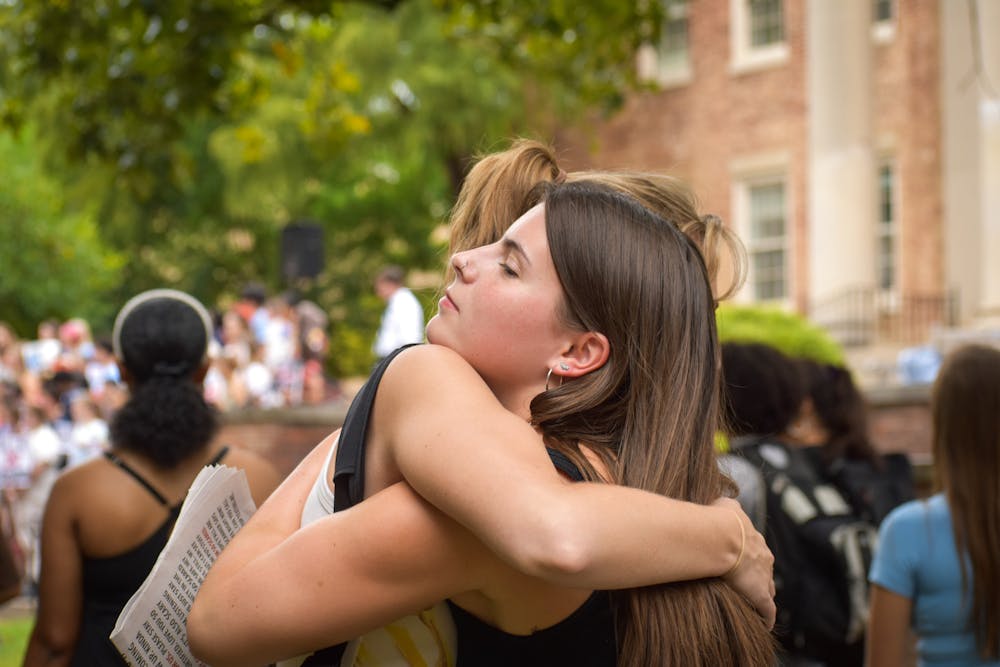This semester, the Chapel Hill community experienced a devastating tragedy: the death of a UNC faculty member due to an on-campus shooting on Aug. 28.
This incident likely left many students fearful of being unsafe on their college campus. The University's response to this event was to cancel classes for two days following the shooting, resuming operations that Thursday, and provide access to mental health resources for students and faculty.
In addition to the University response, many professors opted to make classes optional the rest of the week, leading into the extended weekend already established for Labor Day, to support students’ mental well-being.
Though the cancellation of classes was a necessary and important step for UNC administrators to take, the loss of up to four days of class time set the tone for the rest of UNC students' semesters — and not in a positive way.
Following the shooting on campus, some professors rewrote their course syllabi to reflect the loss of class instruction. For some classes, this pushed back exam days or due dates for assignments, making some close to days allocated for breaks.
The scheduling of exams or project and assignment due dates immediately after well-being days or holidays defeats the purpose of these breaks. Students feel they must work on assignments or study material during this time, stripping them of days meant to be taken for mental health or relaxation.
The rewriting of course syllabi also left fewer days (or none at all) for the review of material before final exams. With a typical schedule, many classes at UNC often have time allotted for review at the end of the semester.
Because of missed days of instruction, this schedule hasn’t been entirely possible.
Some classes have even continued to have exams – labeled as “midterms” – through the final days of class, with final exams less than two weeks away.




